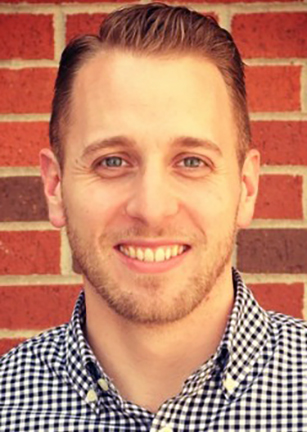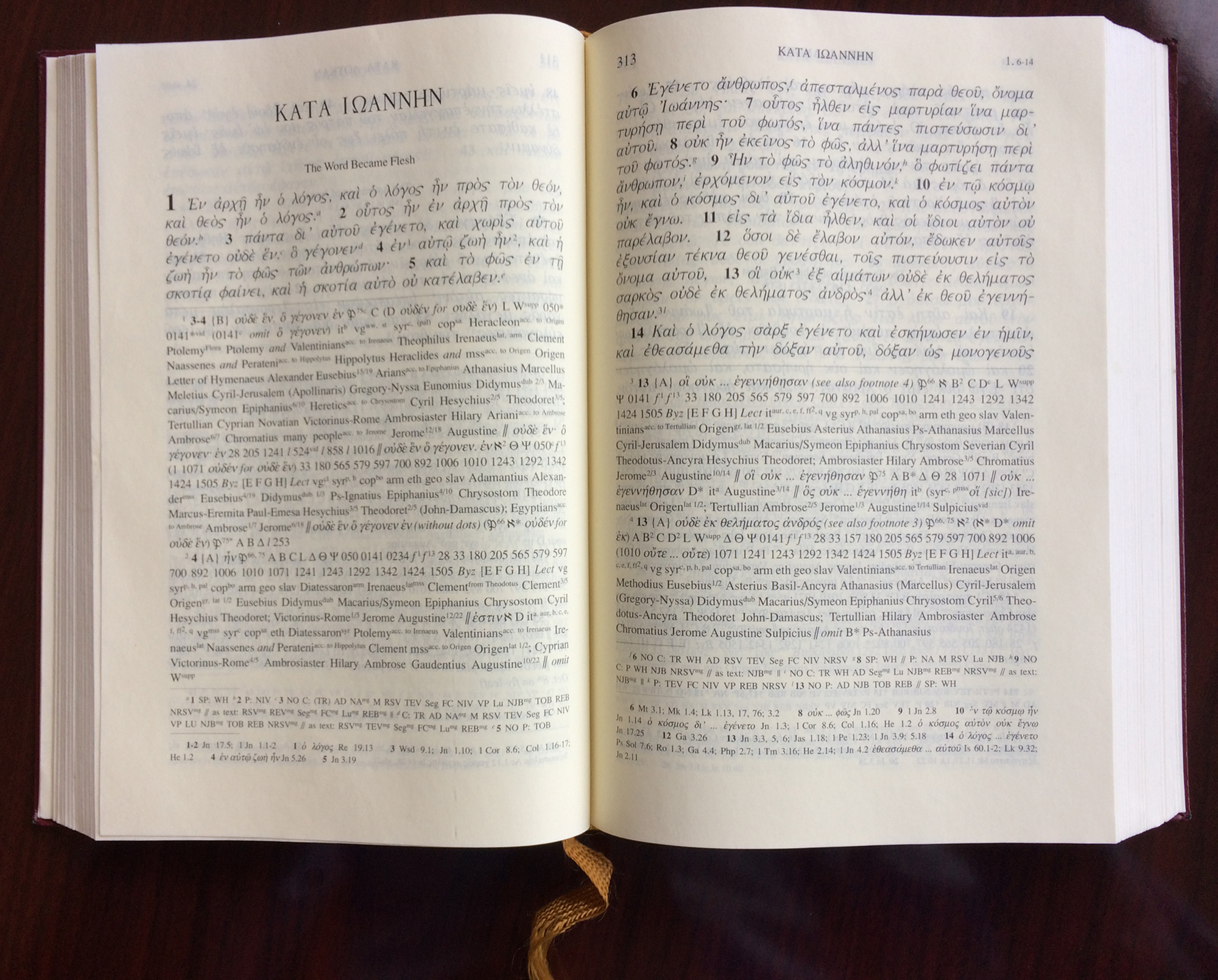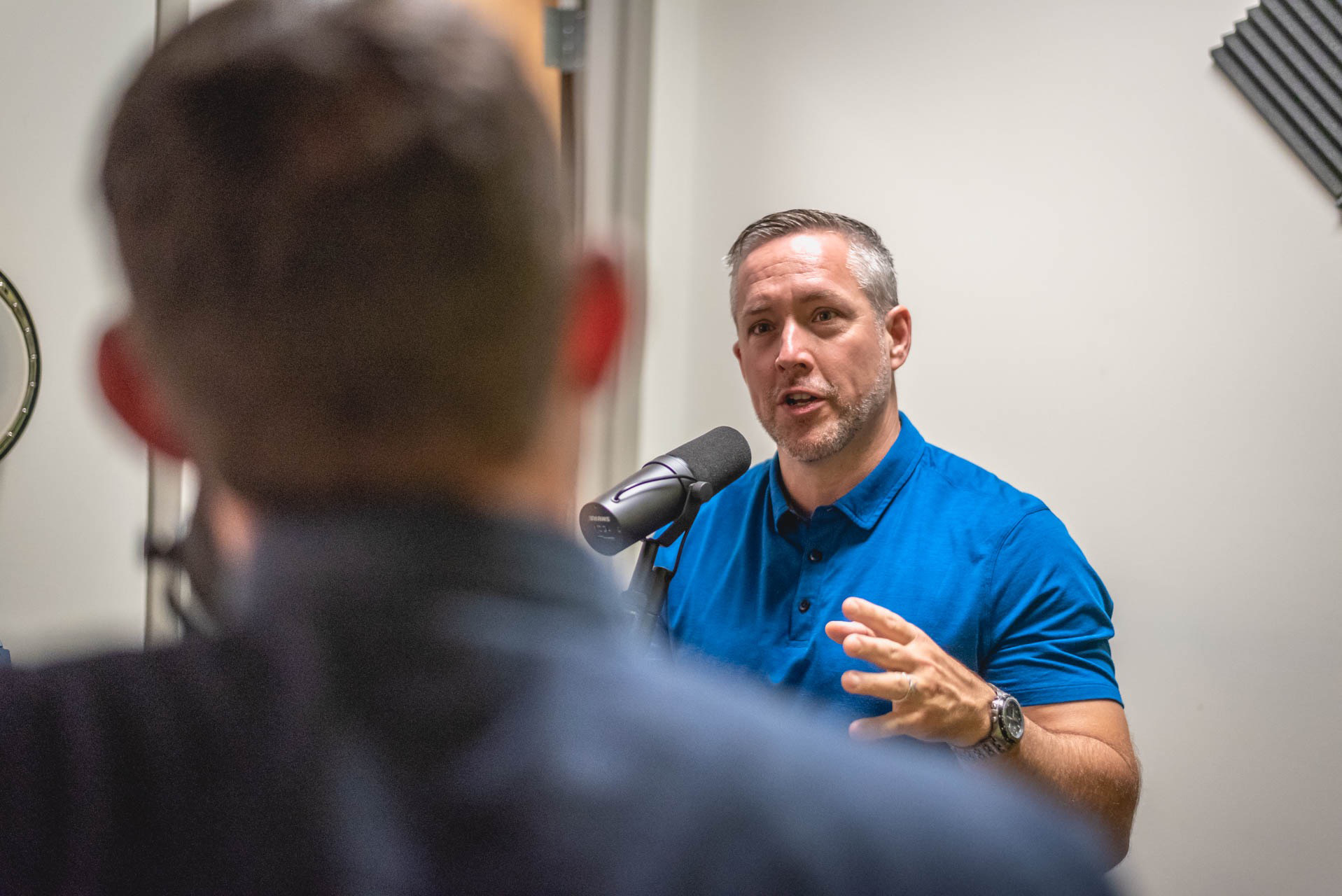
BRENTWOOD, Tenn. — Many churchgoers say their church connects financial blessings with personal generosity, but most pastors see those ideas as bankrupt.
A Lifeway Research study of U.S. Protestant pastors finds few hold or teach beliefs connected to the prosperity gospel, the theological movement that teaches God wants to make followers materially wealthy and will do so if individuals hold certain beliefs or perform specific actions. A previous Lifeway Research study, however, found these beliefs much more prevalent among churchgoers, including many who said their church teaches these ideas.
“The large differences we see between pastor and churchgoer beliefs related to the prosperity gospel means pastors are often not the source of these beliefs among Protestants,” said Scott McConnell, executive director of Lifeway Research. “But the gap likely also means pastors are not teaching the reasons for their own convictions on the subject.”
Pastors’ positions and churchgoer confusion
Fewer than 1 in 10 (8 percent) Protestant pastors believe individuals must do something for God in order to receive material blessings from Him. Nine in 10 (90 percent) disagree, including 74 percent who disagree strongly. Few (2 percent) aren’t sure.
Similarly, fewer than 1 in 5 (18 percent) say their churches teach that if you give more money to the church and charities, God will bless the giver in return. Around 4 in 5 (79 percent) disagree, including 62 percent who disagree strongly. Just 3 percent aren’t sure.
Pastors are more split on whether God wants people to prosper financially. Still, only 37 percent agree, 59 percent disagree, with 31 percent disagreeing strongly, and 5 percent aren’t sure.
The widespread disagreement with these beliefs among U.S. Protestant pastors is not shared by those in their pews, however, according to a 2022 Lifeway Research study.
Whatever pastors may believe, many of those regularly attending churches agree with these three beliefs, and that number is growing.
Almost half (45 percent) of U.S. Protestant churchgoers say to receive material blessings from God they have to do something for God. The percentage that agrees has almost doubled from the 26 percent who agreed in a 2017 Lifeway Research study.
More than half (52 percent) say their church teaches that if they give more money, God will bless them, up from 38 percent five years earlier. Additionally, 3 in 4 Protestant churchgoers (76 percent) say God wants them to prosper financially, an increase from 69 percent in 2017.
“Nine in 10 pastors describe blessings from God based on grace rather than God owing people a reward for their actions. This is counter-intuitive for many in a culture that focuses on performance,” McConnell said.
Different pulpits, different teachings

While there may be confusion among many churchgoers about what their churches teach, some of the gaps between the average Protestant pastor and the average churchgoer could be traced to congregational differences.
Some pastors are more likely to say their churches teach doctrines related to prosperity gospel theology. In particular, churchgoers at larger congregations may be more likely to hear such teaching.
Protestant pastors of the largest churches, those with 250 or more in worship attendance, are among the least likely to reject the notion that their church teaches that if you give more money, God will bless you in return. Still, 70 percent disagree that their church promotes that teaching.
Pastors of these large congregations are also the most likely to believe God wants people to prosper financially (52 percent).
“Americans like orderly, explainable things they can control. It isn’t surprising pastors describing such blessings and prosperity are having broad appeal, though it sounds dangerously close to God existing for people rather than people existing at God’s pleasure,” McConnell said.
African American pastors are among the most likely to agree with each of the following three statements. To receive material blessings from God, we have to do something for God (16 percent). Our church teaches that if you give more money to the church and charities, God will bless you in return (45 percent). God wants people to prosper financially (72 percent).
Denominationally, Pentecostal pastors also more often agree we have to do something for God to receive material blessings from Him (16 percent), their church teaches God will bless people if they give more (35 percent) and that God wants people to be financially prosperous (72 percent).
Younger pastors and those with formal education beyond college are frequently among those most likely to reject the doctrines.
For more information, view the complete report and visit LifewayResearch.com.
Methodology
The phone survey of 1,003 Protestant pastors was conducted Aug. 8 – Sept. 3, 2024. The calling list was a stratified random sample, drawn from a list of all Protestant churches. Quotas were used for church size. Each interview was conducted with the senior pastor, minister or priest at the church. Responses were weighted by region and church size to more accurately reflect the population. The completed sample is 1,003 surveys. The sample provides 95 percent confidence that the sampling error does not exceed plus or minus 3.3 percent. This margin of error accounts for the effect of weighting. Margins of error are higher in sub-groups. Comparisons are made to a survey of 1,000 pastors conducted by Lifeway Research Aug. 22 – Sept. 16, 2016, using the same methodology.
Lifeway Research is a Brentwood, Tennessee-based, evangelical research firm that specializes in surveys about faith in culture and matters that affect churches. For more information, visit LifewayResearch.com.
In operation since 1891, Lifeway Christian Resources is one of the leading providers of Christian resources, including Bibles, books, Bible studies, group curriculum, Christian music and movies, Vacation Bible School and church supplies, as well as camps and events for all ages. Lifeway is the world’s largest provider of Spanish Bibles. Based in Brentwood, Tennessee, Lifeway operates as a self-supporting nonprofit. For more information, visit Lifeway.com.























